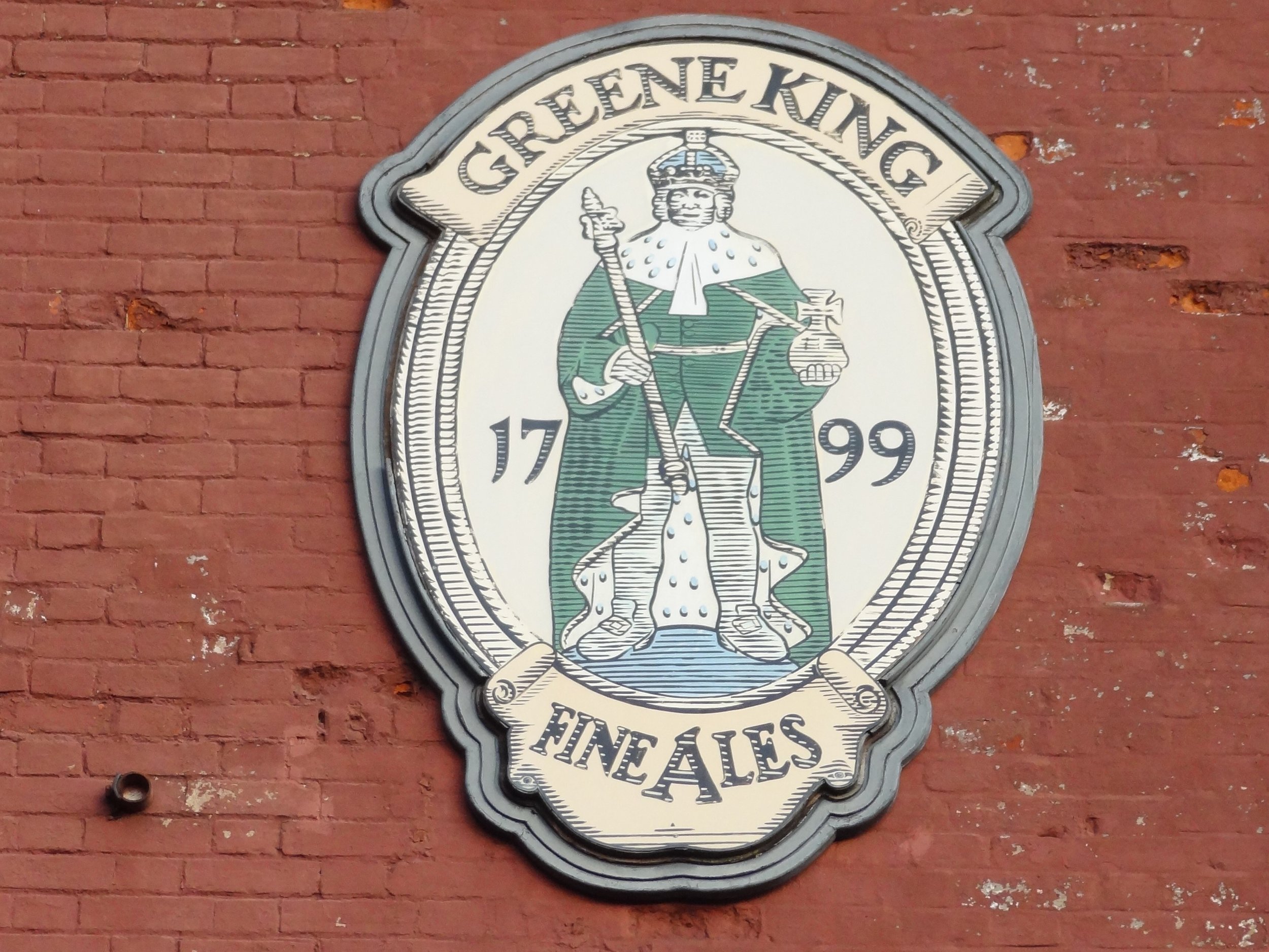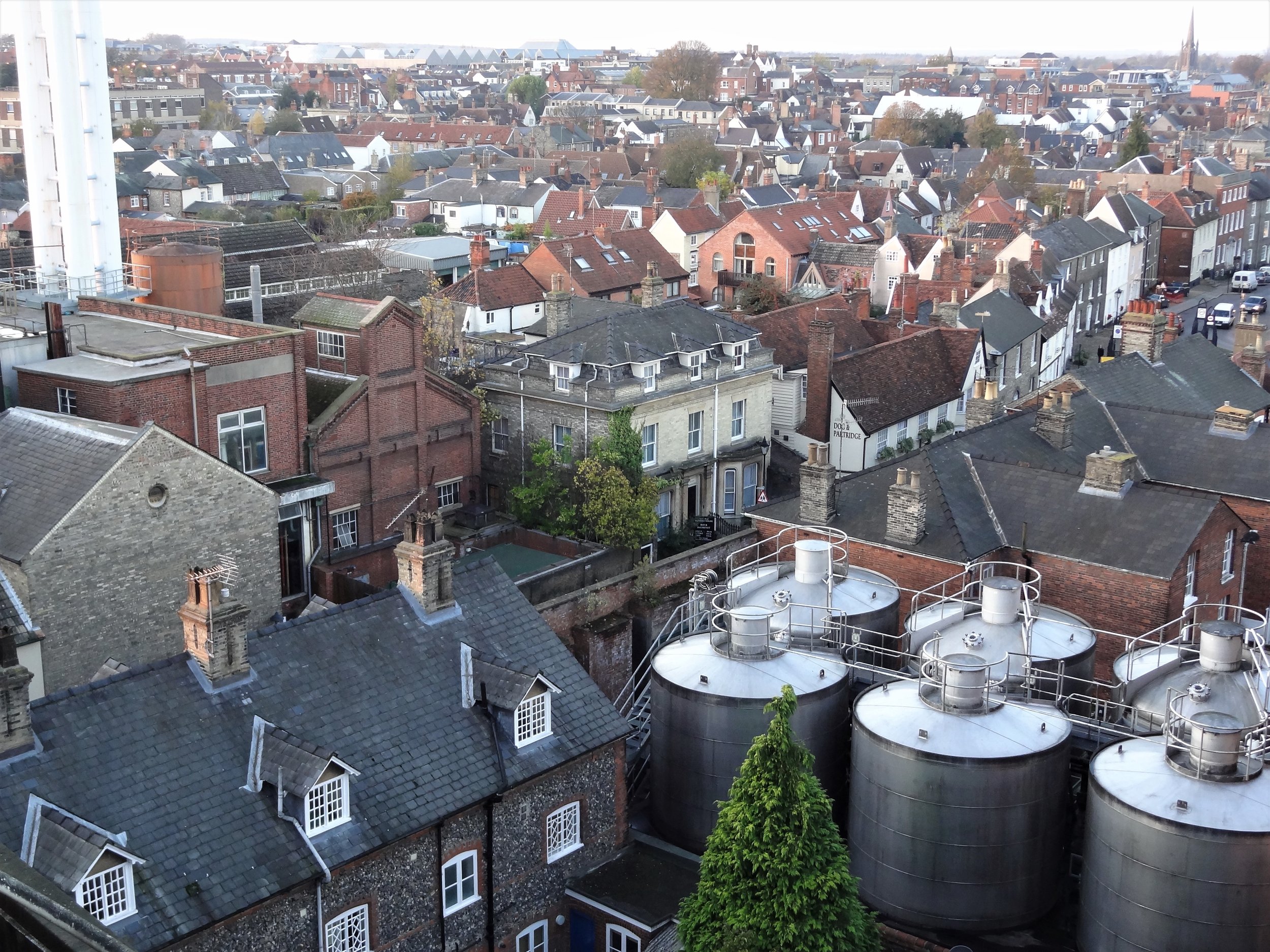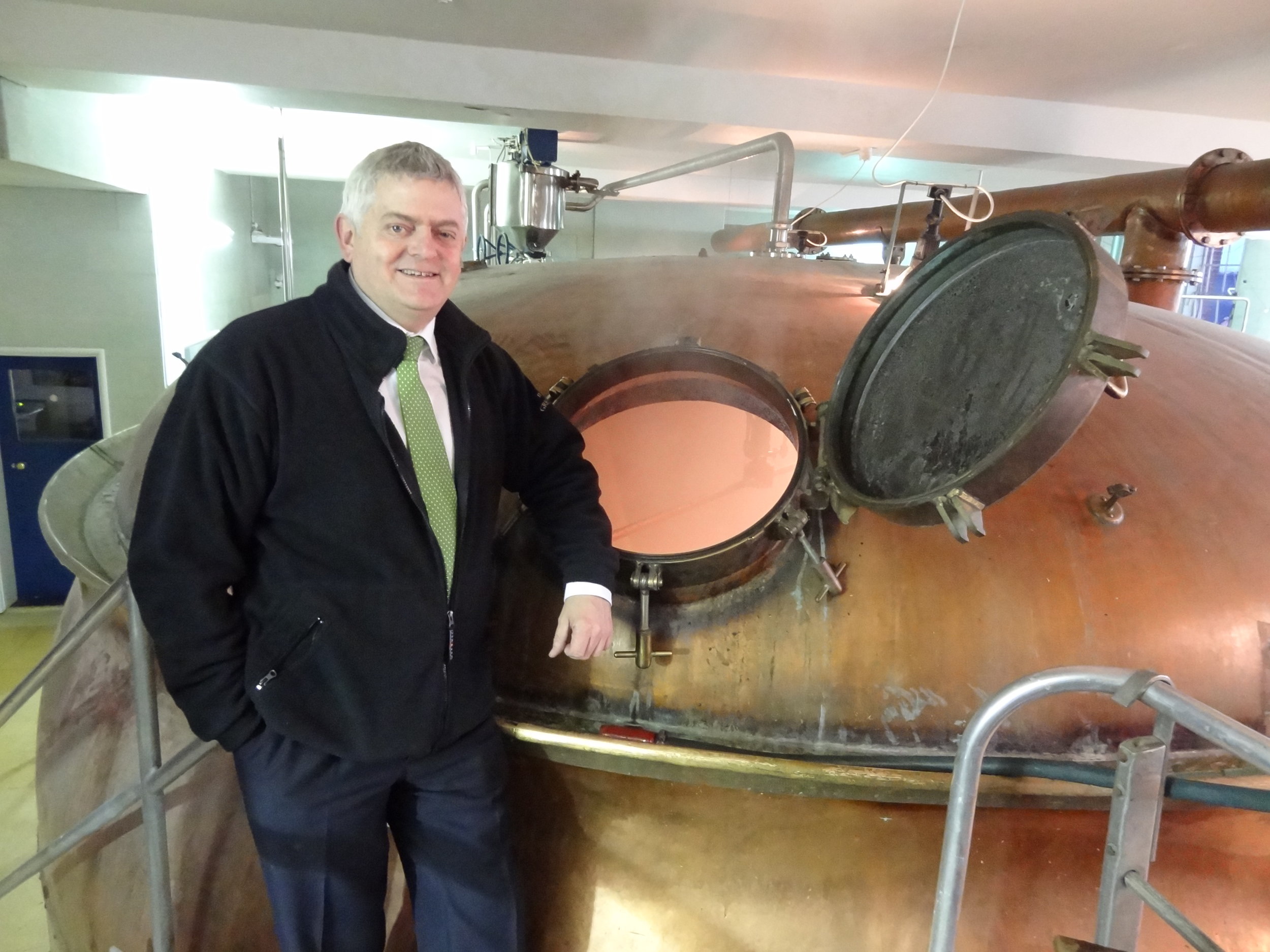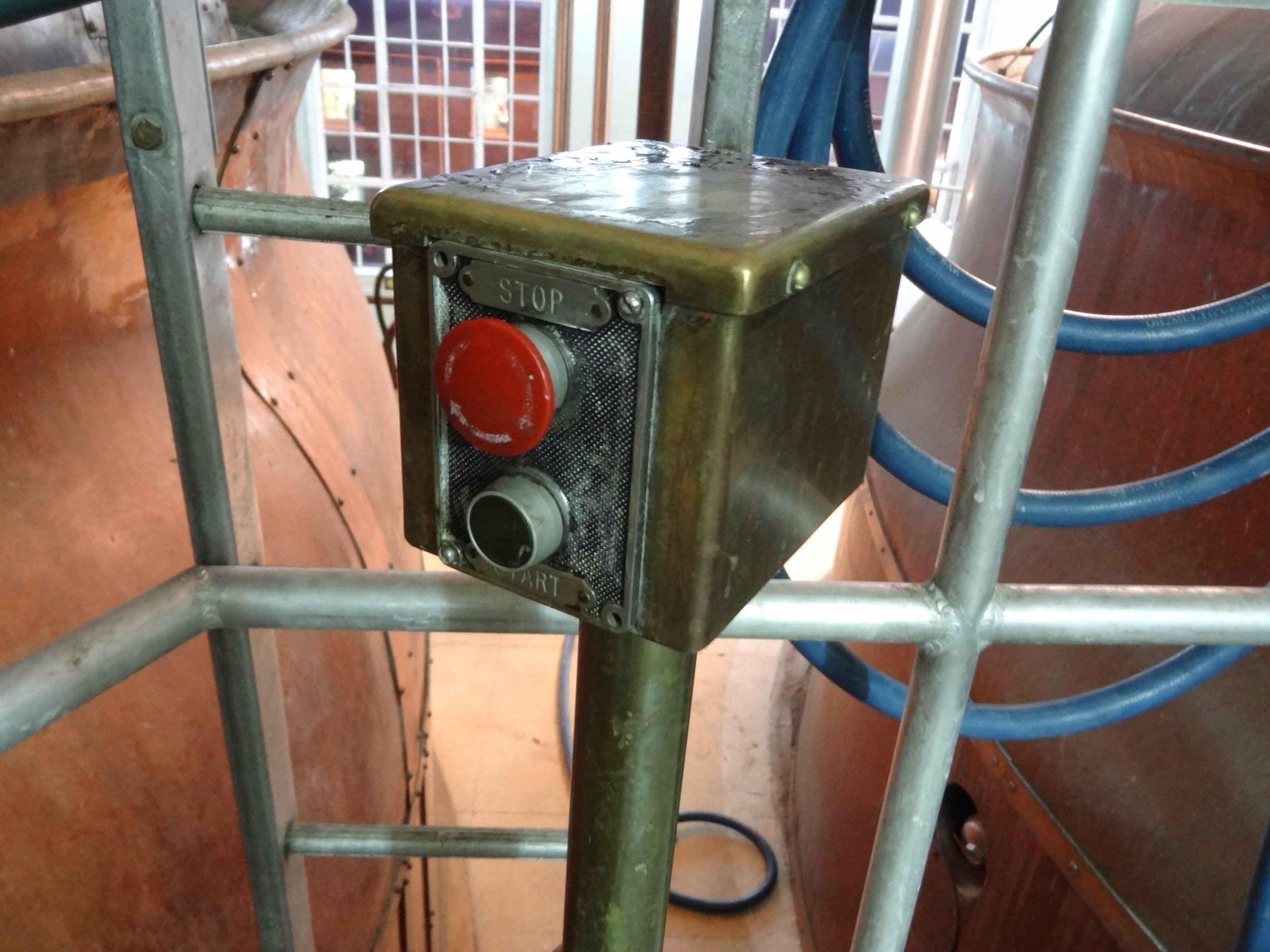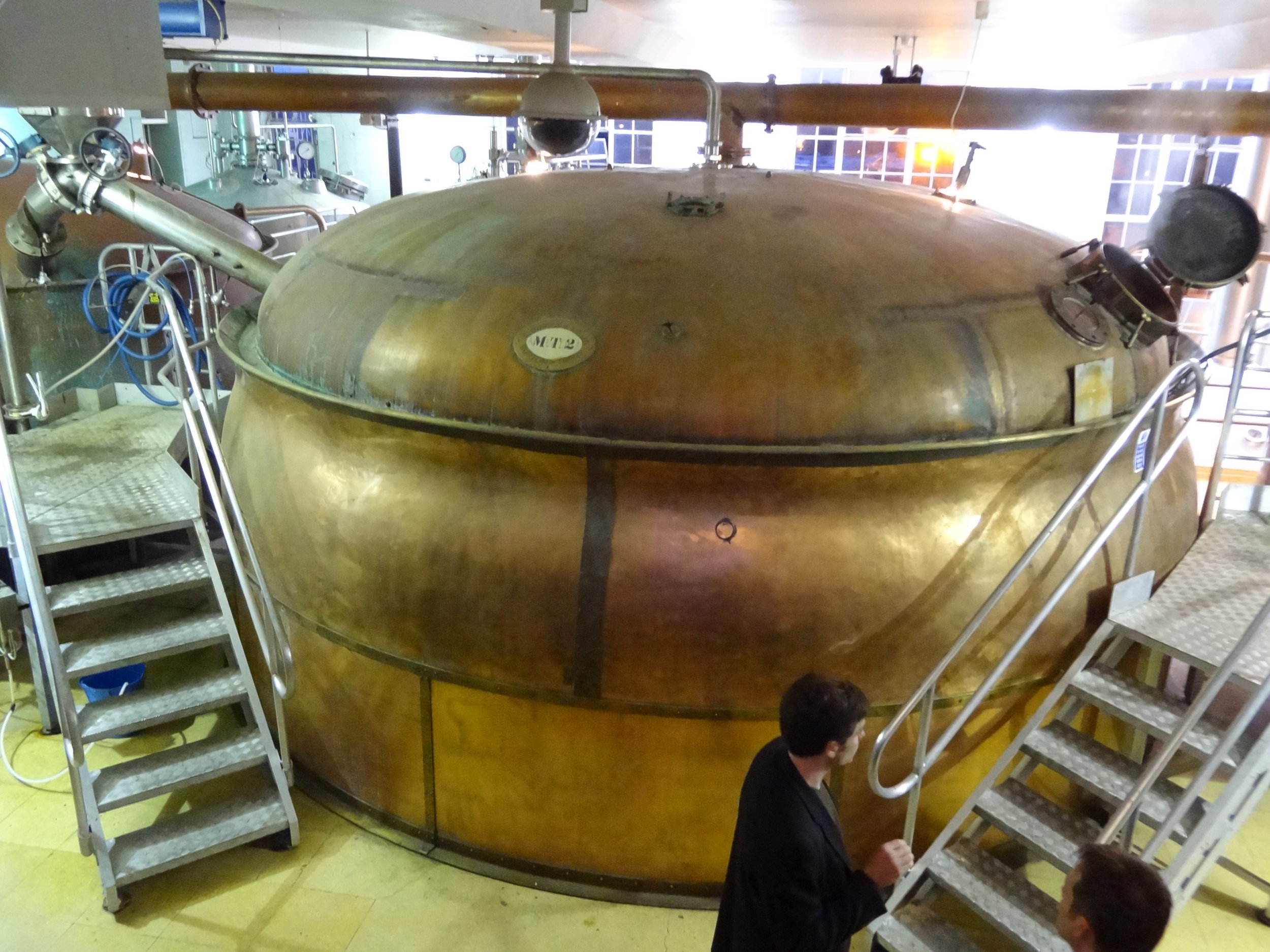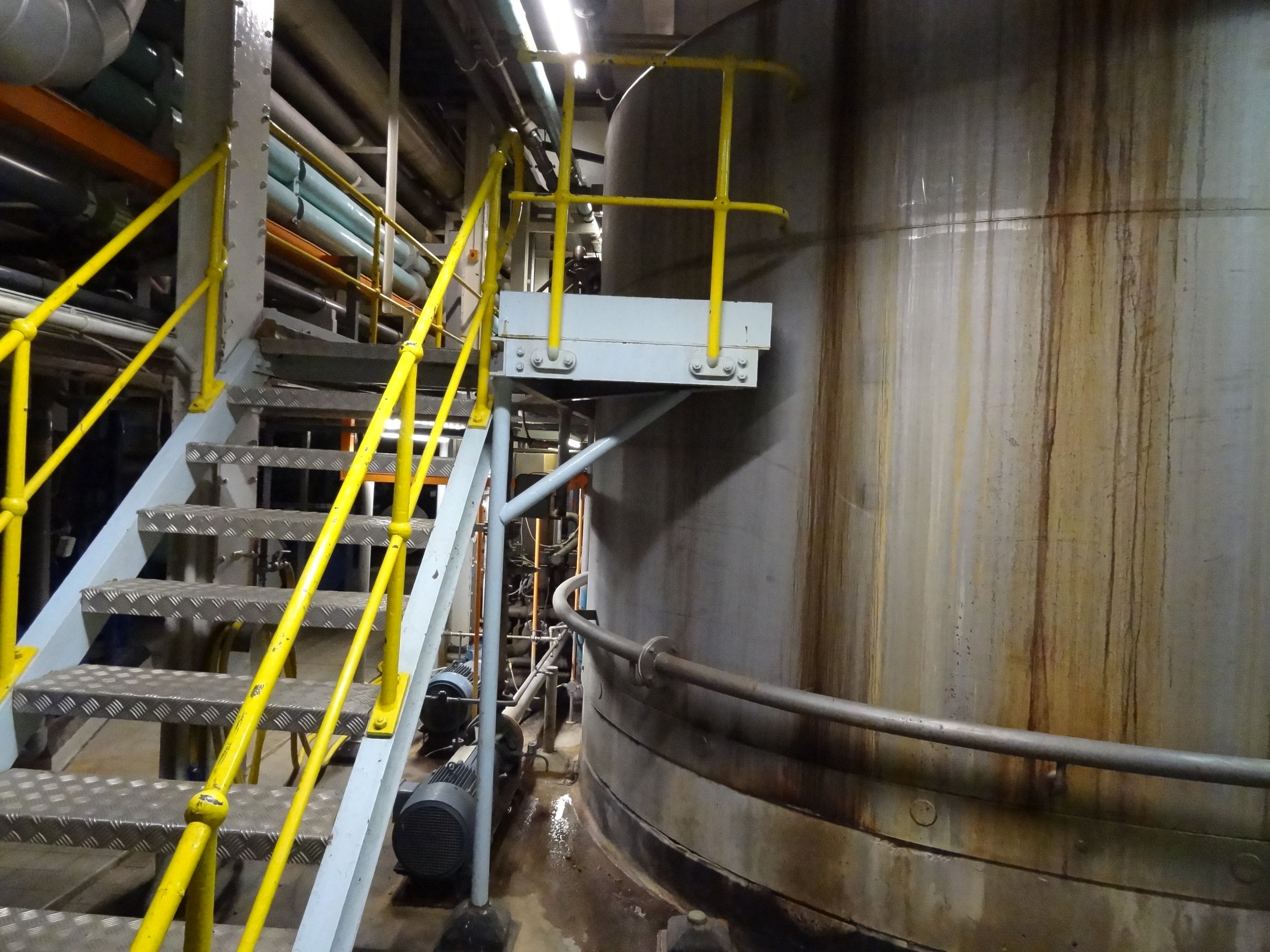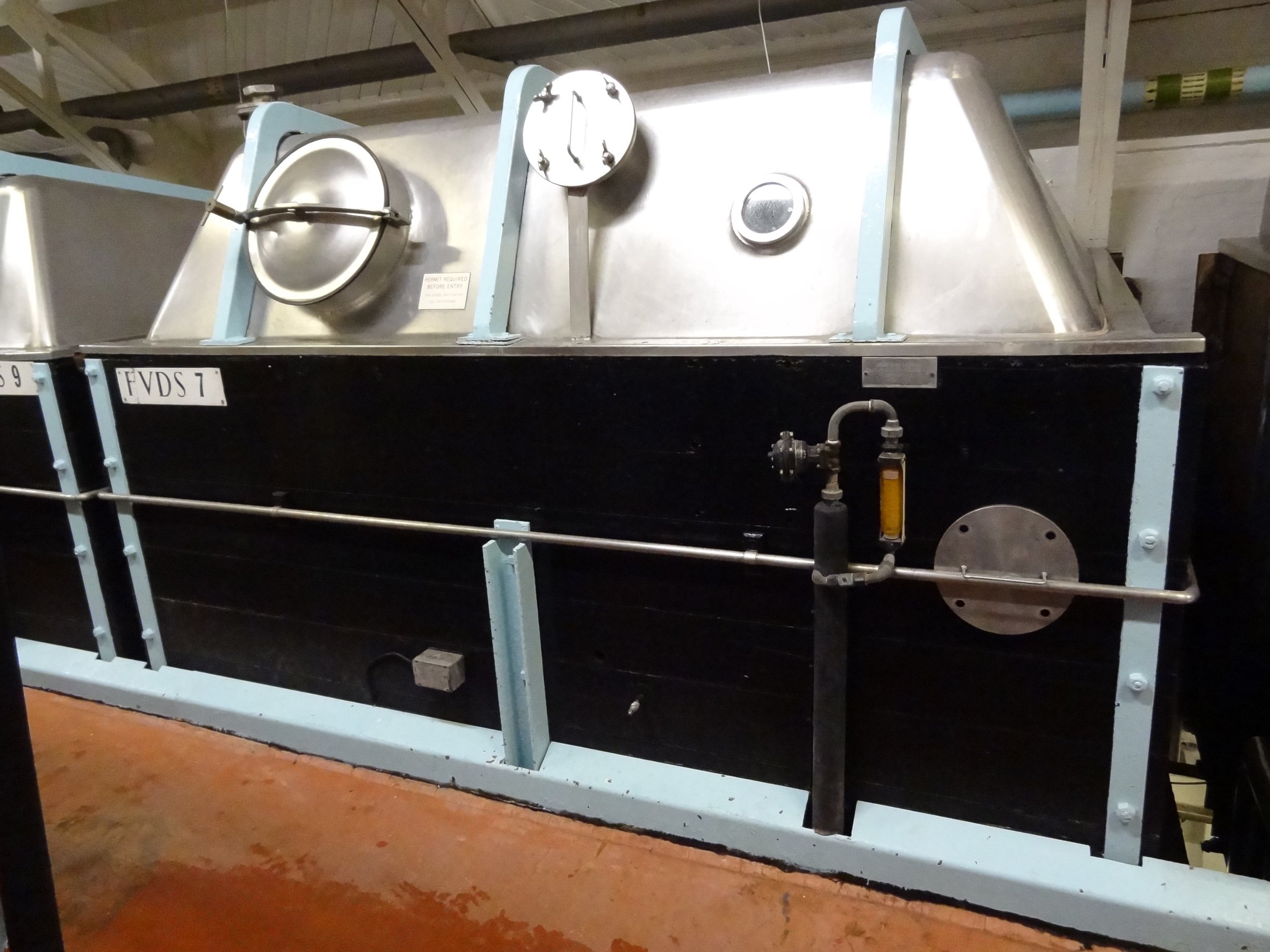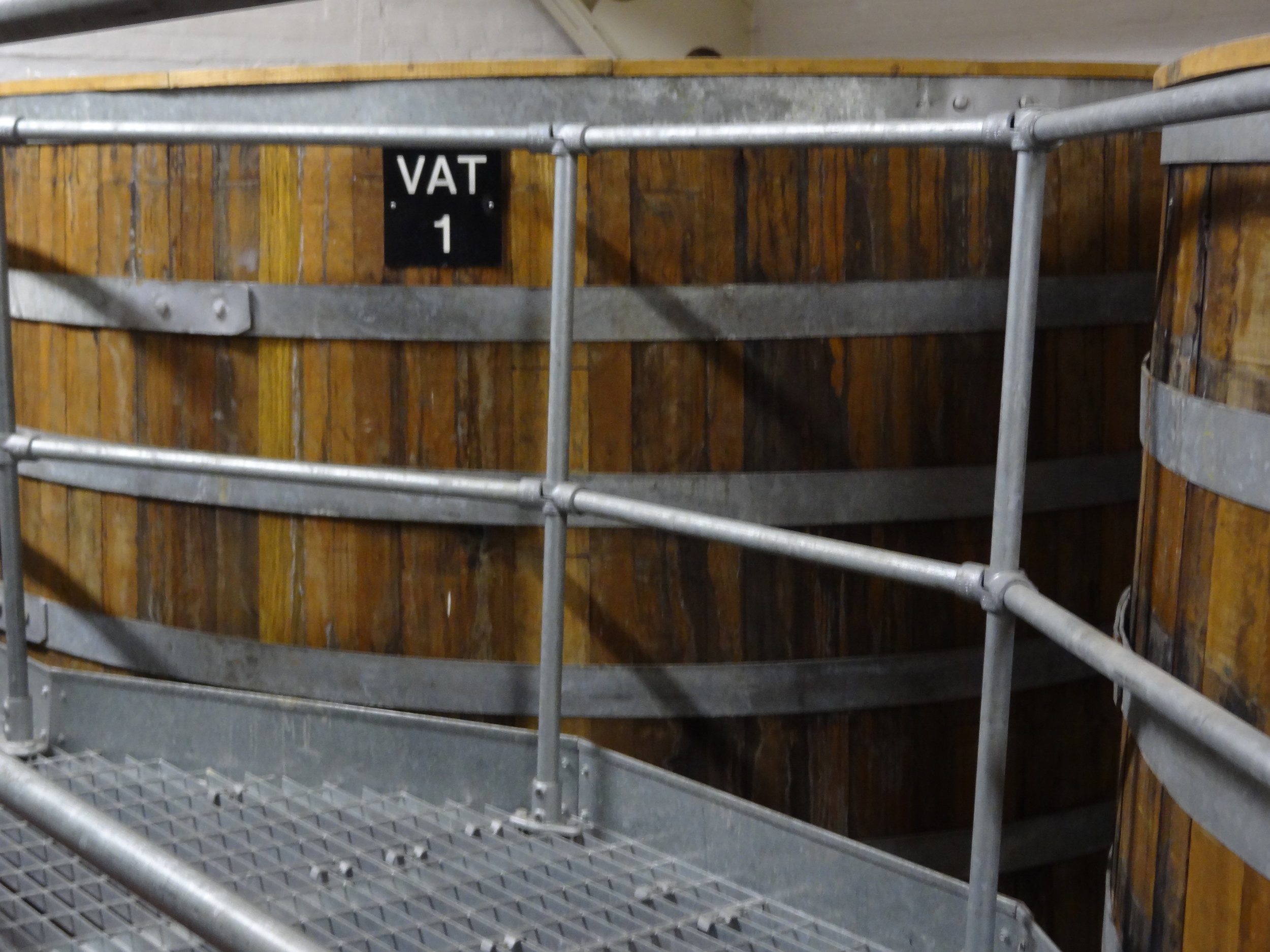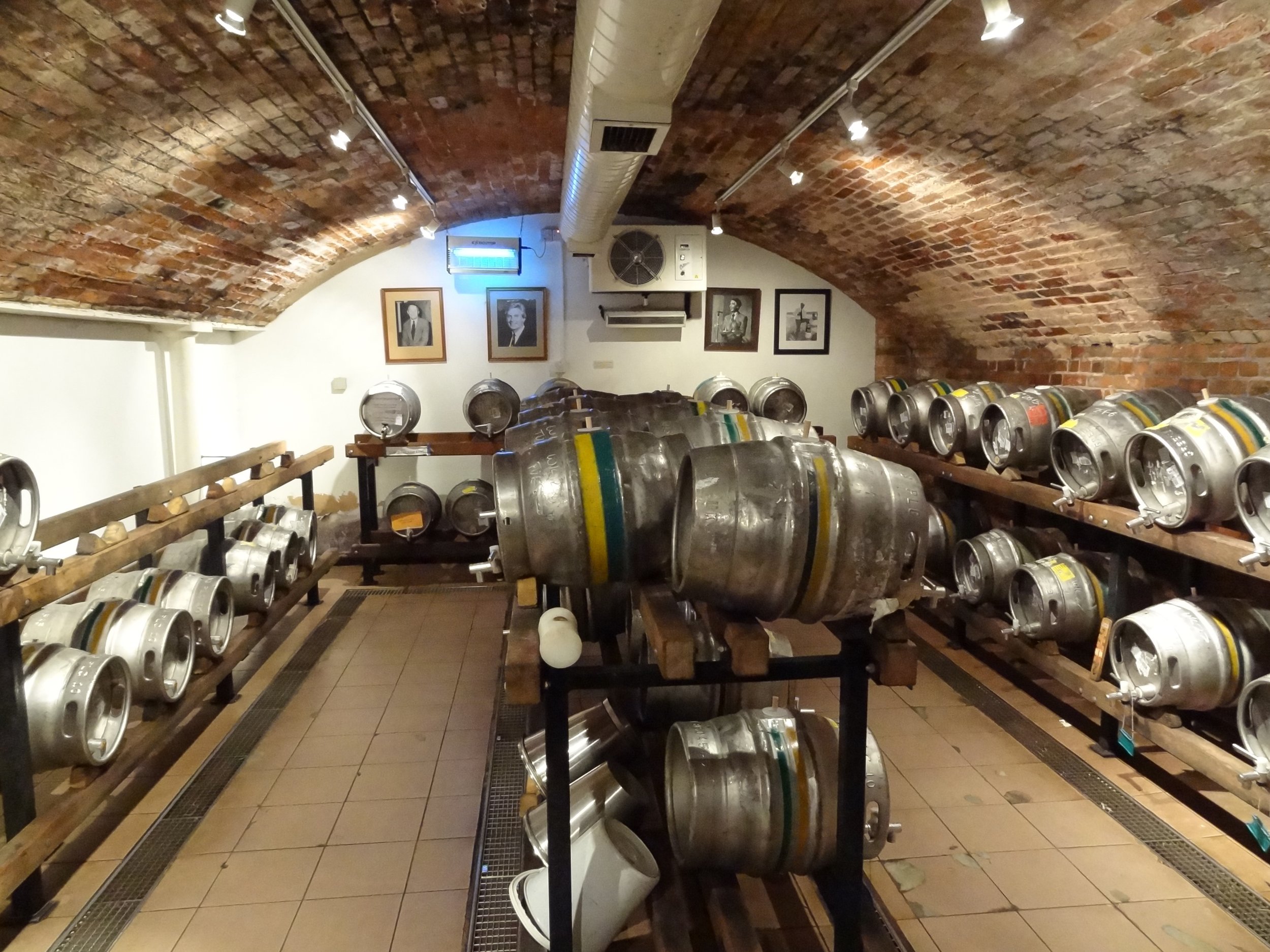Greene King, UK’s Largest Cask Brewer, Sold to Hong Kong Firm
Two days ago, a property firm in Hong Kong, CK Asset Holdings, announced the purchase of the UK’s largest maker of traditional cask ales. It must be a statement of our times, but the news created such a small stir I didn’t even hear about it until yesterday afternoon. The particulars:
The cash bid, which Greene King’s directors have advised shareholders to accept, values the company at £2.7bn, or £4.6bn including the debt that CKA will be taking on. CKA, a property business based in Hong Kong but incorporated in the Cayman Islands, said its bid was founded on its confidence in Britain’s enduring love of pubs.
Greene King, founded the last year of the 18th century, hasn’t recently done a lot to win fans. In the 1990s, it began a long series of pub chain and brewery acquisitions. CKA is now the proud owner of 2700 pubs and inns, the kinds of places you’ll find Greene King IPA, Abbot Ale, Old Speckled Hen, Ruddles, and others. With poorly-kept handles of cask, no brewery has done more to drive people to British craft breweries than Greene King. Reports of oxidized, soured, or just mediocre beer have been a constant for years. No doubt this less-than-stellar reputation is responsible for the collective ¯\_(ツ)_/¯ the news of the buyout received.
As a consequence, much of the analysis I’ve seen addresses the business aspect of this deal. On the one hand, some have noted, it looks like a vote of confidence in an economy confronting a potential Brexit catastrophe. On the other, the Brexit-weakened pound has made empires like Greene King budget buys. (This was preceded, recall, by Asahi’s recent Fuller’s acquisition). And because much of the property in that empire is undervalued in pub form, expect closures and sales. I didn’t see anyone talking about the ramifications to the beer—even CAMRA’s comment was largely confined to the impact on the market.
My own reaction is about the beer. In 2011, podcast-cohost Patrick Emerson and I toured the brewery together and had a sublime time hanging with John Bexon, who has gone on to retire. Oxidized Greene King IPA may be a sad affair, but served fresh at the brewery, it’s a revelation. Beyond the standards, Greene King continues to make the last vat-aged stock ale in England (XXXXX, blended into Strong Suffolk Ale), the last ember of a once roaring tradition. And it sits in a fertile slice of the country in which hops and barley grow in sight of the brewery’s rooftop, a testament to how nested brewing is in this region.
Ironically, the problems with the beer start at the old Victorian brewhouse in Bury St. Edmunds. It’s a gorgeous old building, and a decade ago, when the brewhouse needed replacing, Greene King decided to keep the equipment in their vintage mid-1800s configuration. Lots of copper, very little control over things like oxygen levels. They chose history over modernity, and the results, though romantic, may not be ideal for a vast network of pubs.
The brewery building is an outsized piece of history sitting in the center of town, and will now be yet another venerable old brewery owned by foreigners. (The “Bury St Edmunds” entry on Wikipedia still includes this sad little note: “The nation's largest British-owned brewery, Greene King, is situated in Bury St Edmunds…”) There aren’t many eighteenth-century breweries left in the UK (Scottish Belhaven, also owned by Green King, is another), so ownership changes cause me alarm. There’s nothing to suggest the new owners aren’t planning on keeping it sound another 220 years, but sales like this hit like earthquakes. There’s nothing to say it CKA won’t stop brewing there tomorrow, either, wiping another important cultural artifact off the map. Yawn if you want, but I’m sad to hear the news.
I’ll leave you with a few photos that evoke this history.
